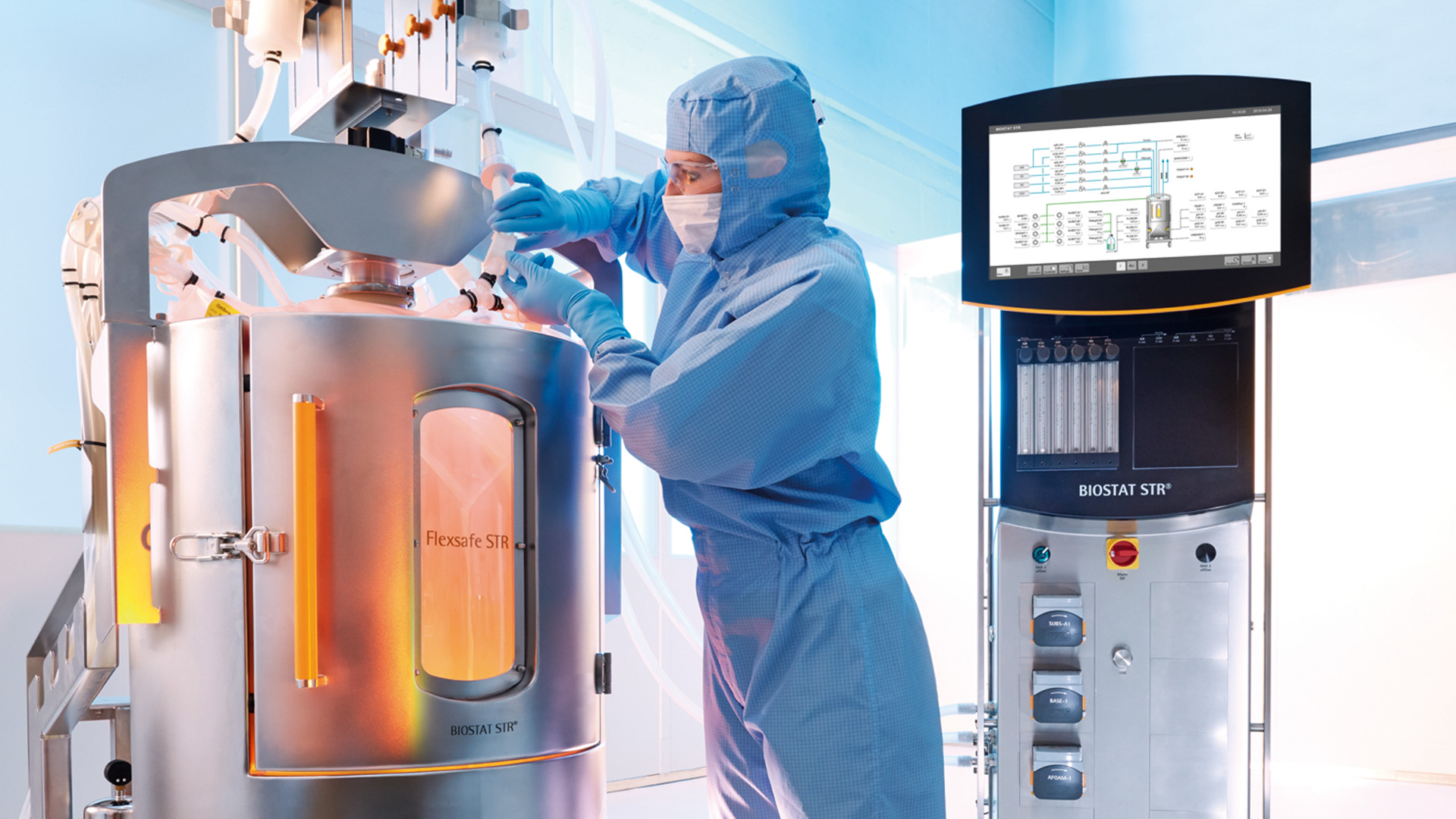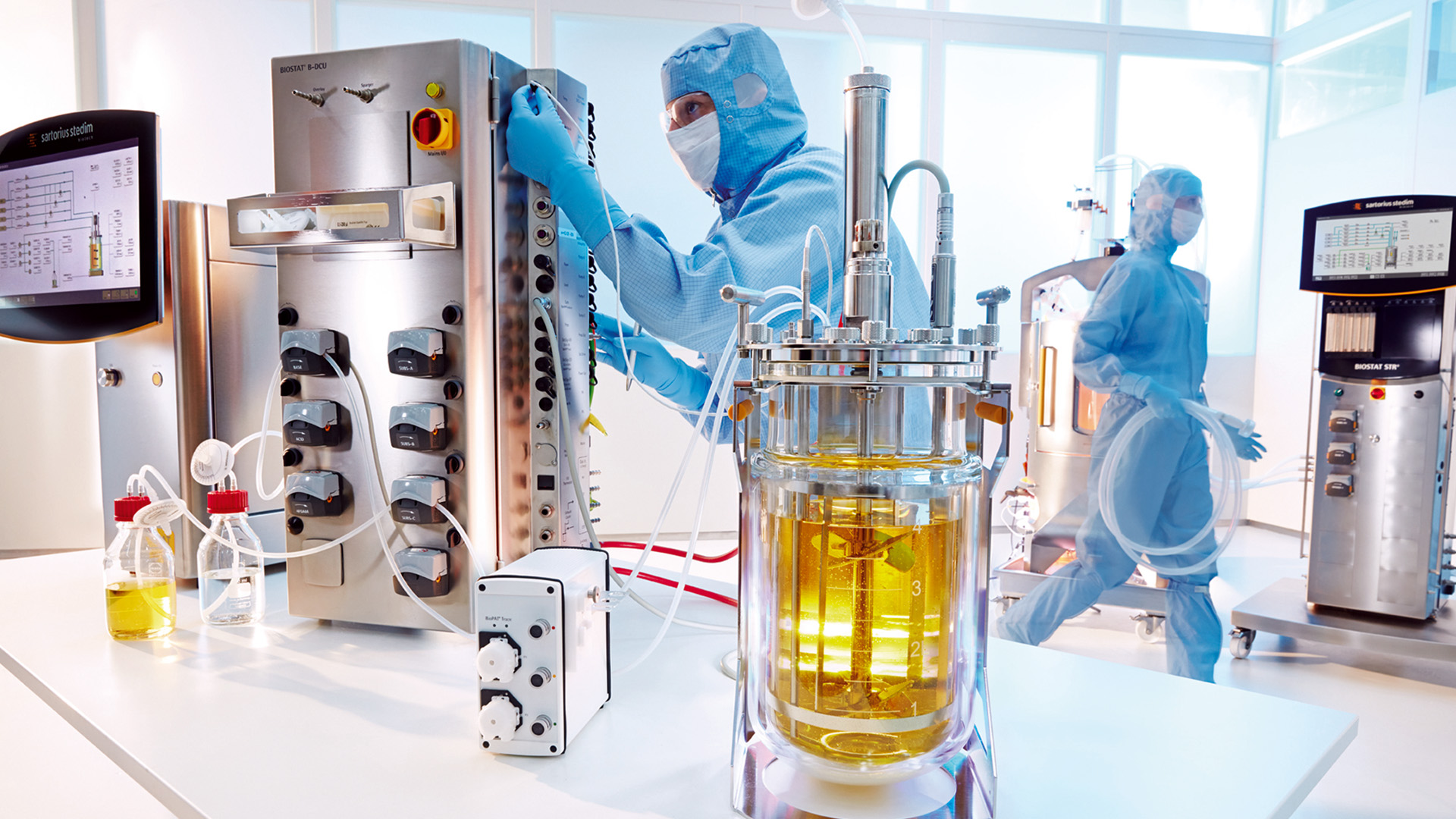
Reducing the Cost of Commercial Antibody Production with the Biosimulation Tool Performing in Silico Experiments Capable of Modeling the Impact of New Conditions.

A leading international manufacturer of pharmaceuticals and laboratory equipment specialized in Bioprocess Solutions and Lab Products & Services, evolved from a precision mechanical workshop into a leading international life science group. Although now they are entirely focusing on serving the biopharma sector, the company’s goal of bringing innovative tools to help researchers make scientific discoveries remained unchanged.
With 60+ locations worldwide, a strong presence in all major biopharma markets, and over 10 thousand employees, the company operates in several critical domains: bioprocess consulting & engineering, validation process, media & process development, eProcurement, and instrument services.

Traditional process development activities require intensive experimentation and create obstacles to integrating advanced technologies. The common barriers in standard commercial antibody production include:
The customer approached Kanda to work with their biosimulation team within the advanced data analytics corporate research group to build a process development tool that would take experimental bioreactor data, fit a model and run a simulated digital experiment. This app needed to have capabilities of modeling the impact of new conditions such as temperature, pH, feeding strategy, and media composition and providing a great user experience with an intuitive guided workflow and a clean user interface.
Apart from the goals listed above the customer’s biosimulation team addressed Kanda for help in maturing research output so that the company’s commercial team could further take it on.
Kanda developed and launched Cell Insights, a cloud-based bioreactor simulation tool, available now for PCs and tablets, intended to provide in silico experimentation.
The application combines traditional mathematical models used in Chemical Engineering with novel ML/AI algorithms to provide accurate and informative experimental simulations.
Cell Insights bioprocess simulation combines an intuitive user interface with a guided workflow and has the following key features:
As a result, the customer process development was significantly improved by allowing the customer biosimulation and commercial teams to: